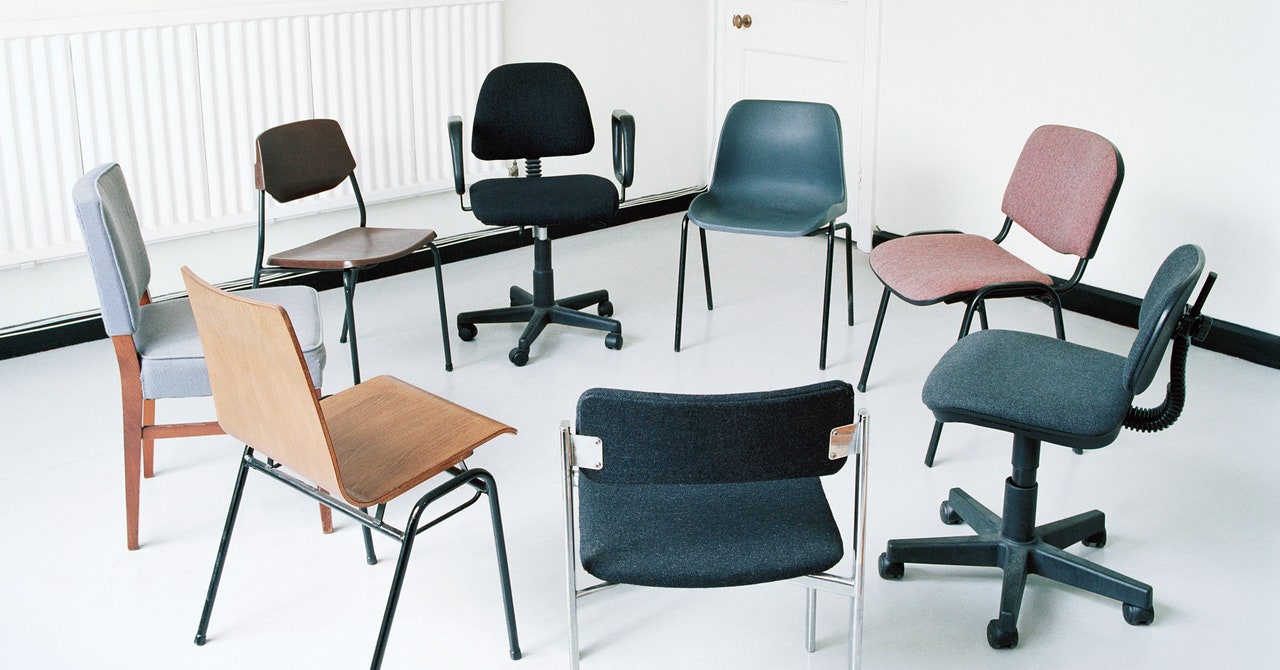Every hour on the hour, a staff member at the Journey Recovery Center in San Angelo, Texas, sends out a “Code 19” to everyone in the building. No matter where the nurses or staff members are in the 72-bed substance abuse recovery center, they stop what they’re doing and sanitize all the surfaces around them, wiping down tables, chairs, and door handles. Named after Covid-19, these hourly Code 19s are just one of many measures treatment centers around the country are using to try to keep their clients and staff safe.
Facilities are hiring more janitors, stocking up on personal protective equipment, and even setting up on-site PCR testing, which uses a swab from a patient’s respiratory tract to test for an active Covid-19 infection. But at the same time that administrators are investing in a host of previously-unanticipated needs, they’re also limiting how many patients they can serve and watching as referrals from courts, state child protective services, and community outreach programs, many of which are now closed or operating remotely, decline. Serving fewer patients means facilities earn less revenue and could ultimately force cuts to services and staff. As anxiety, depression, and opioid use skyrocket, many administrators are wondering if they’ll be able to keep their doors open much longer, much less meet the growing need for treatment.
“It’s already hard in this country to access high-quality mental health and addiction treatment,” says Chuck Ingoglia, president of the National Council for Behavioral Health, which represents over 3,000 treatment centers across the country. “This is just making it worse.”
Like nursing homes, treatment centers are group living environments, where clients often have roommates, share bathrooms, eat in communal dining areas, and participate in group counseling sessions. Facilities are often also home to people with compromised immune or respiratory systems, which could make them more likely to contract a severe Covid-19 infection.
Adapting outpatient services, like Narcotics Anonymous meetings or counseling sessions, from in-person to virtual meetings has gone fairly smoothly for some centers, though the technology doesn’t benefit all patients equally. “We found that telehealth is not for everybody,” says Candace Hodgkins, president of Gateway Community Services, a recovery center in Jacksonville, Florida. While some patients prefer the convenience of attending meetings from home (especially those who would normally rely on public transit), others may not have access to a phone or tablet, or may not have a big enough phone data plan for video calls. Others just prefer the experience of being in the room with other people.
The federal Substance Abuse and Mental Health Services Administration has also loosened restrictions on methadone and buprenorphine, synthetic opioids that ease detox symptoms and alleviate long-term cravings. The medications are effective at treating addiction, but they can also be abused and even end up being sold on the street. Before the pandemic, both medications were tightly controlled and had to be administered in a clinic to make sure people were taking the right dose. But methadone clinics can see thousands of patients in a day, making them potential nodes for Covid-19 transmission.
Now, “stable” patients who have been on these medications for a while and have reliably shown up to appointments are allowed to pick enough doses to last 28 days and store them at home. At Operation PAR Inc., which provides addiction treatment to counties around Tampa, Ft. Myers, and St. Petersburg, Florida, nurses perform drug screens in outdoor tents and deliver medication doses to patients waiting in their cars, just l

